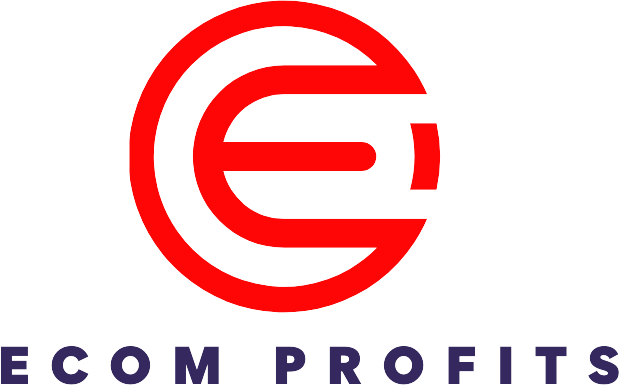Those of us seeking to efficiently and sustainably meet our everyday needs need some level of financial discipline. Financial discipline is a crucial indicator for successful individuals and businesses. But beyond the discipline, it pays to be familiar with the skill set essential to move money around and keep its value going up. Here are some tips on how to manage both home and business expenses.
Manage out-of-pocket settlements.

As a business, efficient management doesn’t mean creating fences around your finances. Business owners need to put their money to work every day of the week to keep increasing in value and growing their businesses. Individual homeowners also face several risks, including impromptu medical bills. That’s why getting even the basic coverage from an insurance company can affect your finances. Mixed-use insurance, for instance, provides insurance coverage tailored to the needs of property owners, especially those with multiple properties.
General property insurance can protect specific family buildings or commercial and residential units. Comprehensive coverage options, which often provide the most protection, can apply to all your real estate properties (both commercial and domestic) and their belongings.
Circumstances like vandalism and natural disasters can happen at any time. In today’s COVID-19 era, these events have become even less predictable now more than ever. As you create wealth, it’s essential to protect your hard work. In times of unfortunate events, insurance companies can help manage out-of-pocket costs for renovation and other maintenance efforts.
Review expense periodically.
The first step in being financially accountable as a home and business owner is efficient record keeping. Bookkeeping has been an age-old accounting principle, and it can help you stay accountable with your home and family expenses, including home decor and other useful items for the home. Today, several digital bookkeeping tools are available, and many of them are free and open source. Other options favor the monthly deduction or subscription-fee model.
Check the market and make a choice that sits well with your preferences. Using virtual bookkeeping tools affords you the convenience of reviewing your expenses from everywhere via any device. As a business owner, using virtual bookkeeping tools can also help you file taxes on time end enjoy extra perks like tax credit benefits.
Separate multiple income streams and expenses.
Accountability applies to each income stream and expense item. For each investment decision, business owners are required to show returns. Therefore, mixing business financials with domestic ones can be a recipe for increased confusion and mismanagement. Business owners can keep separate books for different entities—one for your home and another for your business. Individuals managing multiple income streams may have to record data for each stream to ensure clarity in financial reviews. Going digital with record-keeping also comes in handy here. It can be a great way to ensure sanity with your financial data and not deal with multiple disposable papers.
Create a budget.

Budgeting is a great way to plan your financial life and improve accountability. While a budget is a mainstay in the business world, it can be hard to make one for your home. Budgets can be simple to make, depending on the format you opt for. But at the heart of budgeting is the need to forecast and write out your incomes and expenses.
If you have family members, you can factor in their expenses based on historical data. If all these seem complex, a simple approach can be estimating your total earnings from a particular stream and listing the essential items you need to spend on over a particular period. It can be as easy as a checklist where each day and every purchase checks off a specific item on the list. You can also leverage information from the web when creating a simple one for your home.


